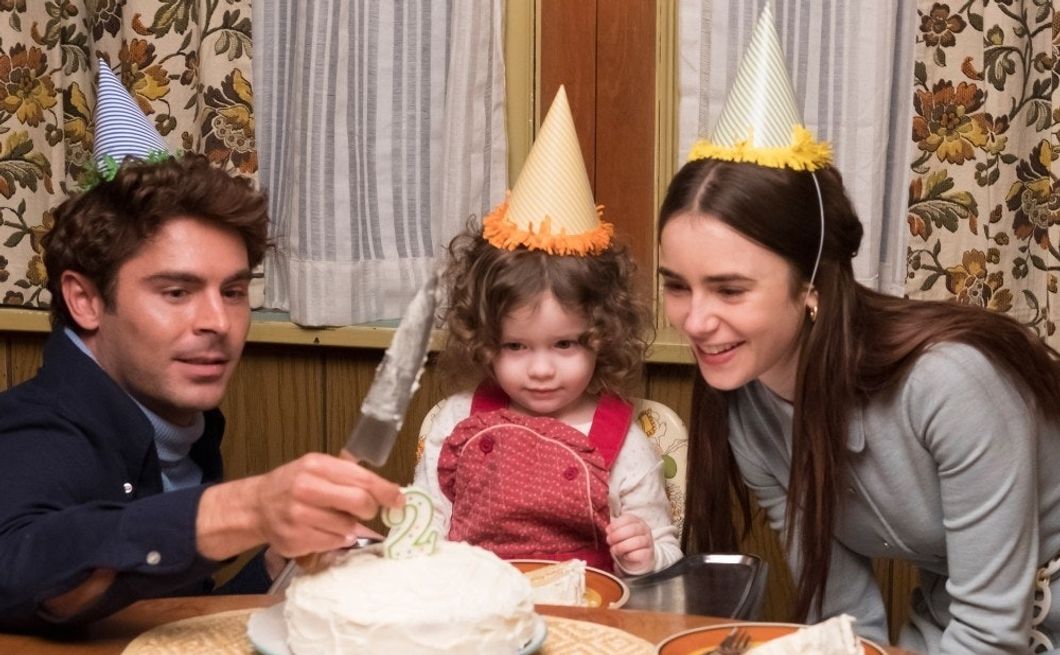Our culture has been fascinated with serial killers. Just look at ION television, an entertainment network that airs crime tv shows, such as Criminal Minds, Law & Order: SVU, and CSI, or the dozens of popular serial killer movies, such as The Silence of the Lambs (1991), Zodiac (2007), and The Girl with the Dragon Tattoo (2009).
There is nothing wrong with people being fascinated by death, horror, and violence. That said, although this obsession is not necessarily unhealthy, the way these killers' stories have lately been portrayed on the screen is.
Two recent examples include the film Extremely Wicked, Shockingly Evil and Vile and the 10-episode series You.
1. Extremely Wicked, Shockingly Evil and Vile
Recap:
A film about the life of Ted Bundy, a serial killer who lived a double life as he raped at least 30 women while continuing to live a "normal" life.
Problem:
Bundy seems like a regular, good guy who just happened to make some bad decisions in life. He is a loving husband and father. He comes across as a bit bashful, kind of shy, well-spoken, calm, pleasant, smart, and cheeky to everyone. Much of his disturbing activities in to kill and rape women -- approaching girls in a tactical, calculated way and ending their lives in a ruthless manner -- are not shown in the film.
Consequently, many viewers are not left disturbed or sorry for the victims and their families but are rather left feeling bad for Bundey. After all, was he not just a misunderstood man on death row?
2. You
Recap:
A 10-episode about Joe Goldberg, a psychopathic, emotionally abusive, murderous stalker, who will stop at nothing to make Guinevere Beck, an aspiring writer, totally dependent on him (not to mention madly in love with him).
Problem:
Joe seems like the perfect guy. He has good taste in books. literature. He tends to shy away from social media. He loathes Beck's friends because of how fake they are. Much of the sinister activities Joe participates in to "win" Beck -- stealing her phone, saving her from a moving train, spying on her through her window -- are actions normally seen as romantic in romantic comedies.
Consequently, many viewers are not left horrified by the actuality of stalking, gaslighting and emotional abuse, but rather are left romanticizing and idolizing Joe. After all, was he not just a sweet guy trying to do whatever he could to get the girl of his dreams?
Bottom line?
This trend teaches boys that any type of violence can be justified or overlooked by mental health or cheekiness. Additionally, it teaches girls that they must suffer the consequences of this violence. That said, it puts even more pressure on girls to tolerate abuse if the offender is attractive and/or sweet. Moreover, this glorification of violence ultimately encourages people to stalk, emotional blackmail and gaslight as it considered romantic. In addition, it encourages people to blame the victims for their abusers' toxic behavior.

















